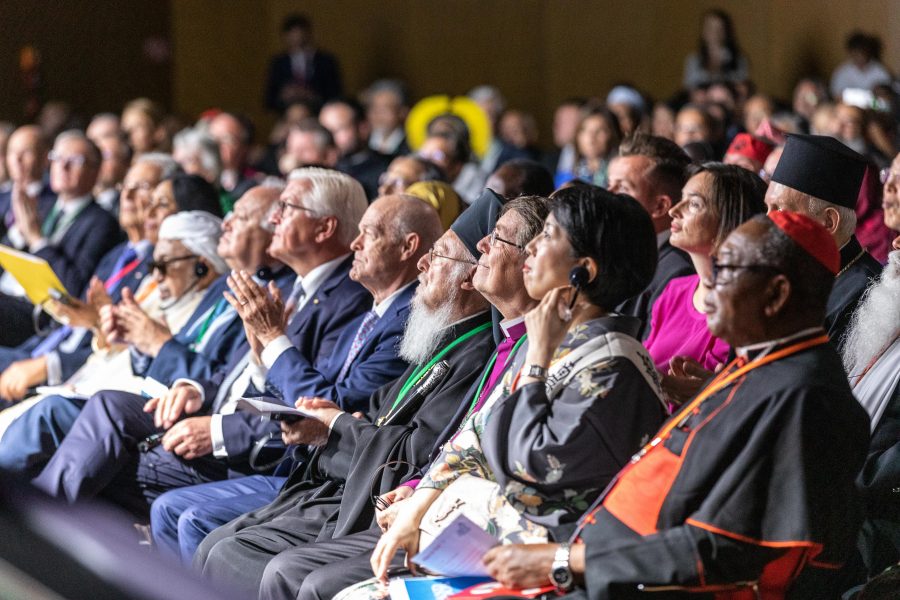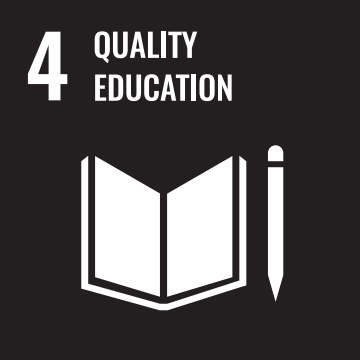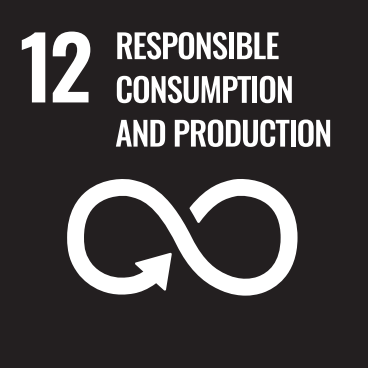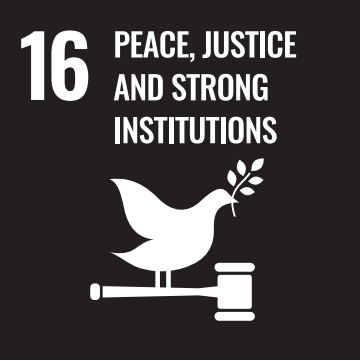key strategic priority
Interreligious Education
Understanding diverse traditions is vital to increasing trust, respect, and cooperation among all people and faiths. We harness the capacity of faiths across the world to increase understanding and care for all through interreligious education.
This strategic priority contributes to Sustainable Development Goals (SDGs): Quality Education, Responsible Consumption and Production, and Peace, Justice, and Strong Institutions.
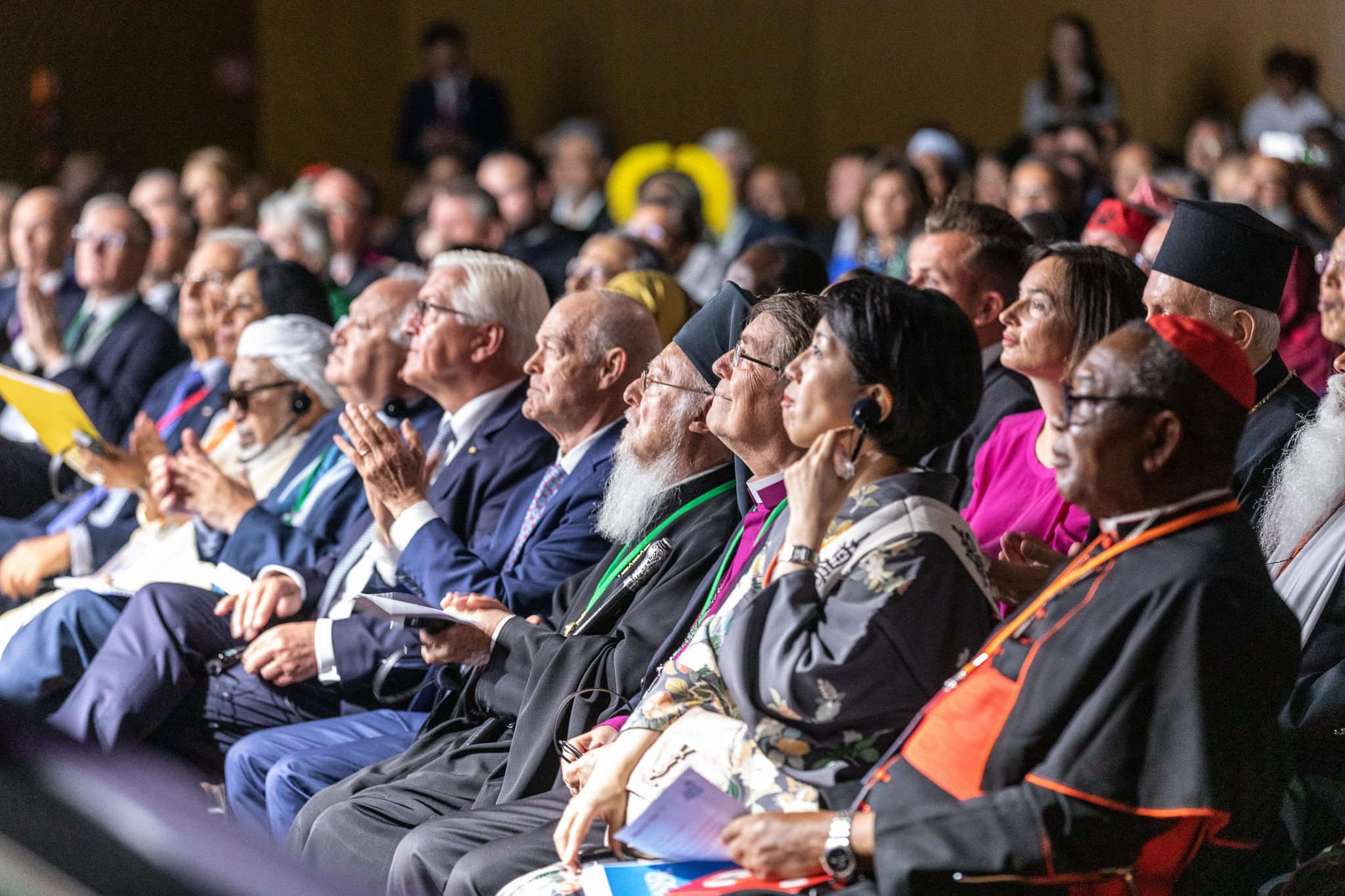
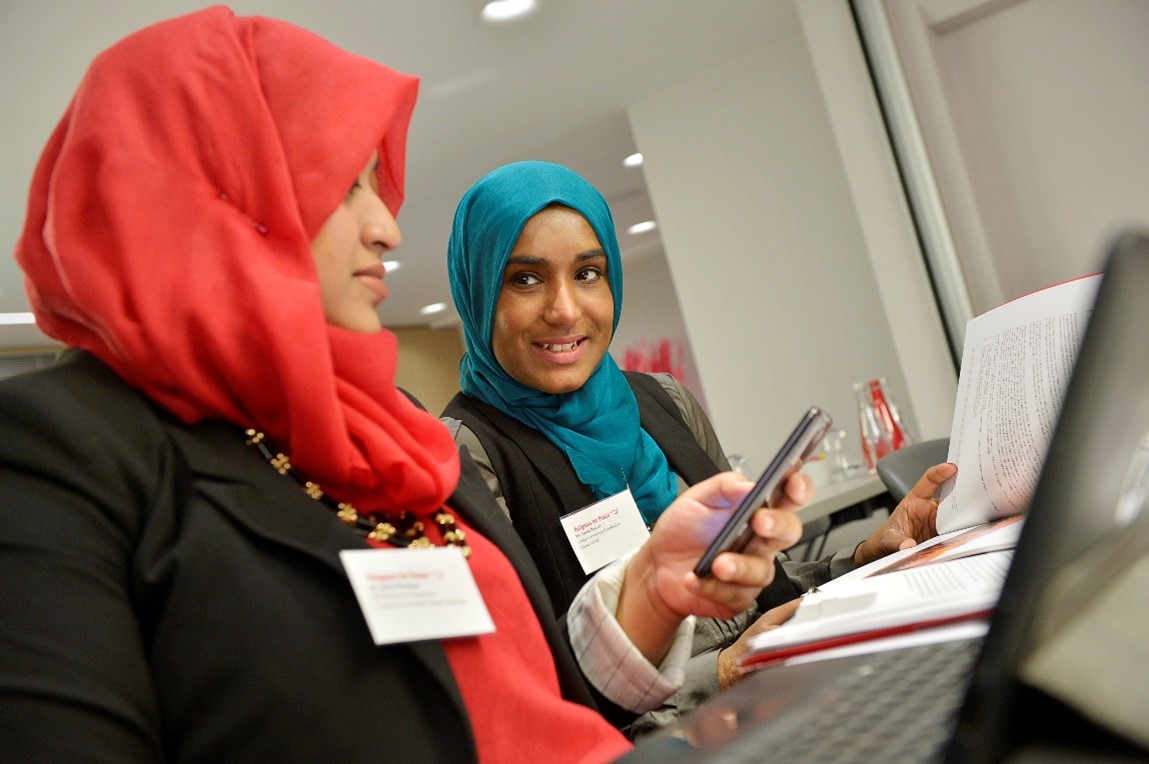
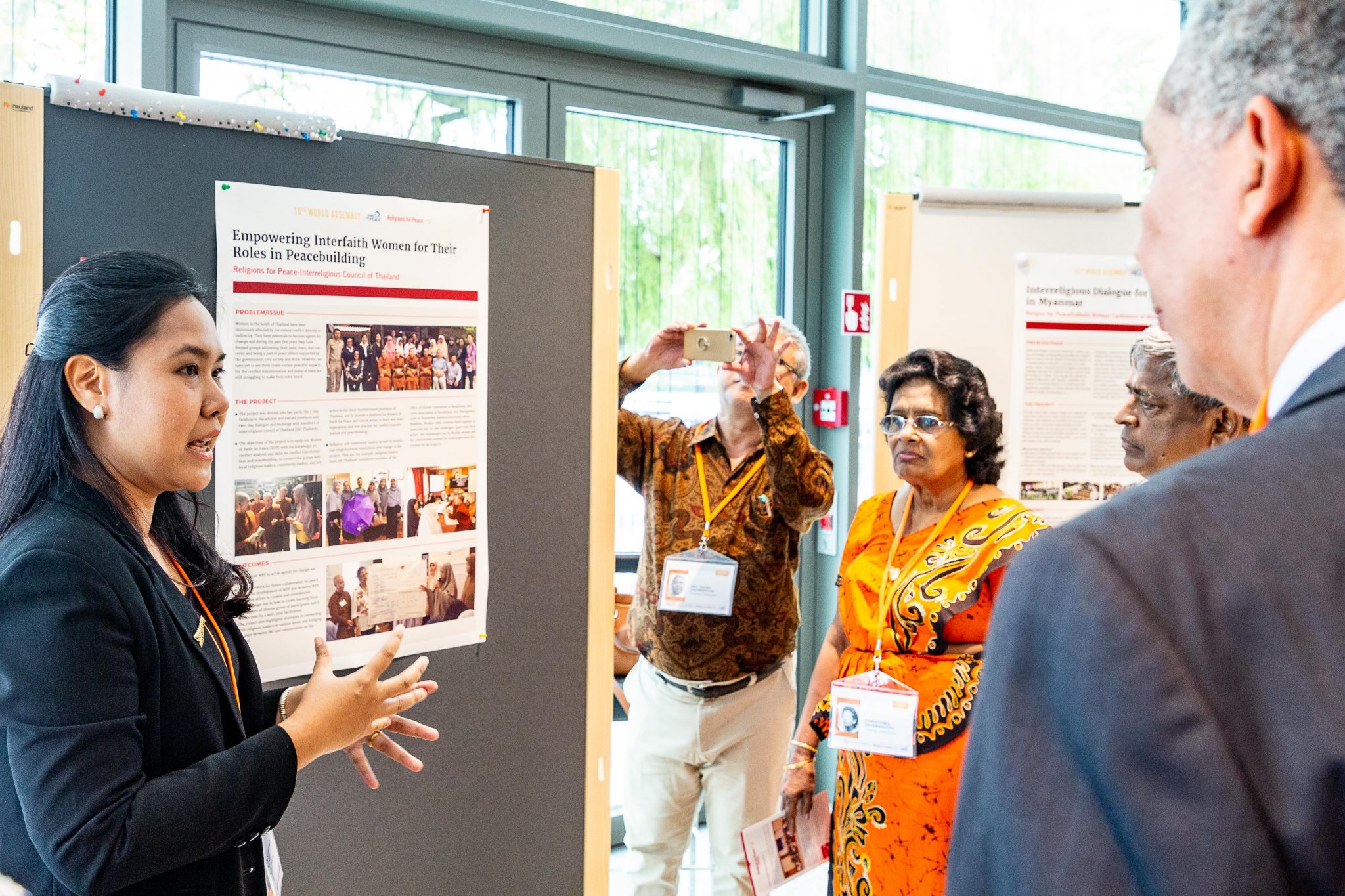
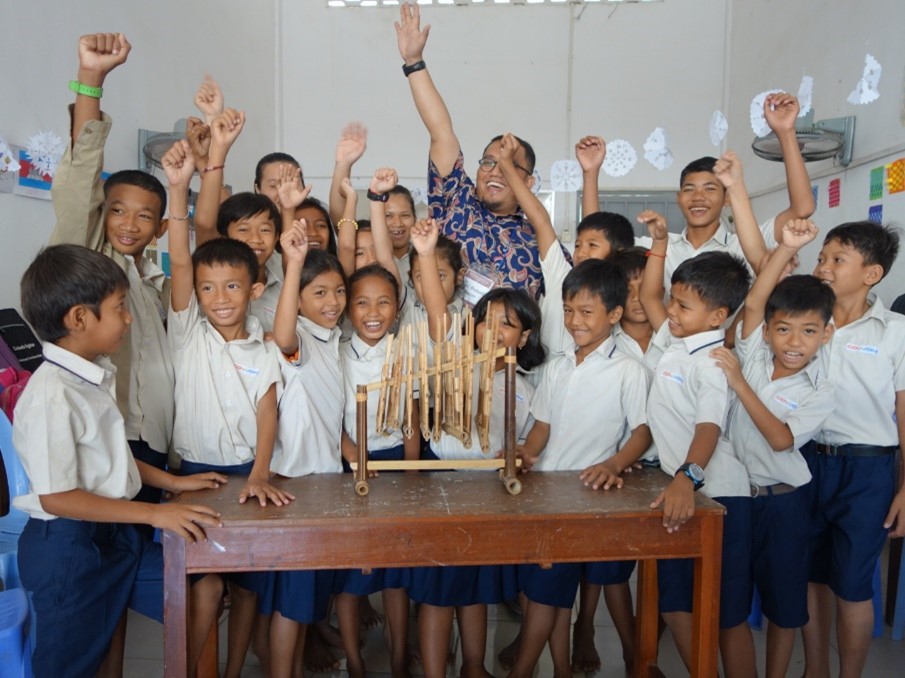
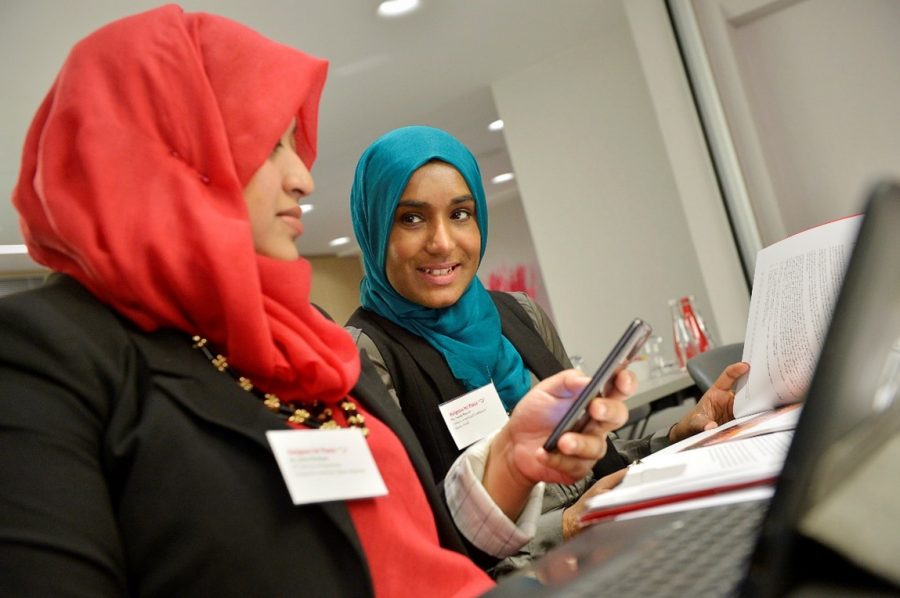
Interfaith Educational Materials
Religions for Peace is committed to providing interfaith educational materials including toolkits, resource guides, guidance documents, and educational webinars specifically supporting faith communities as they act together within all our strategic priority areas. These resources are always created in collaboration with religious leaders and communities and often with partner organisations – responding to their needs in practical, concrete ways. All our educational resources can be accessed here.
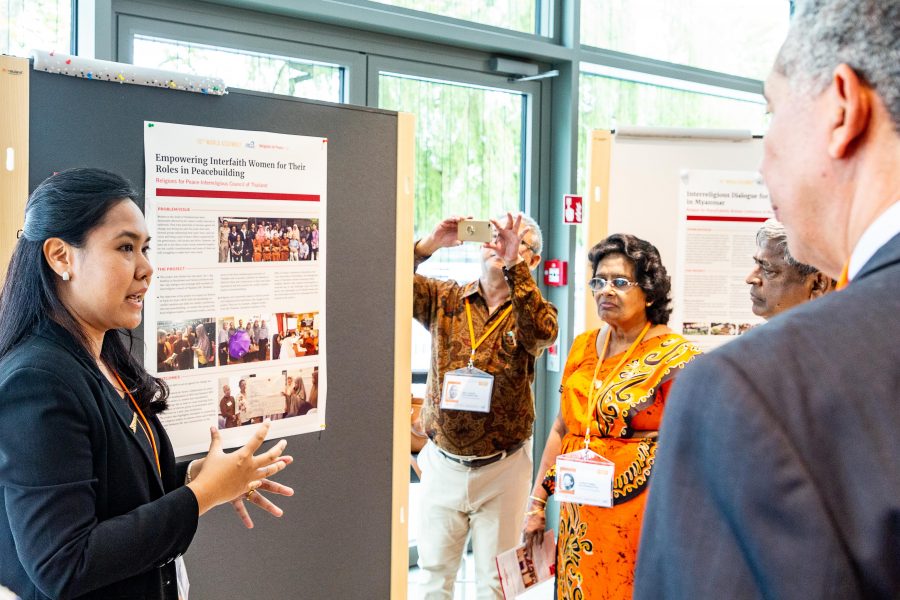
Learning Exchanges to Equip Interreligious Councils (IRCs)
A core strength of Religions for Peace is its “representative” approach to bringing faith leaders and communities together. Our regional and national IRCs, including women and youth networks, are the engines of our global movement. When the COVID-19 pandemic changed the nature of our work globally, we launched a series of Learning Exchanges for our IRCs to connect with, and learn from, each other in the areas of representative leadership, media and communications, financial accountability, and interreligious humanitarian aid and development.
This exchange provided a platform to share the vast knowledge and experiences our IRCs bring to their work, form creative collaborations across countries and regions, and provide a shared sense of community and accountability across our movement.
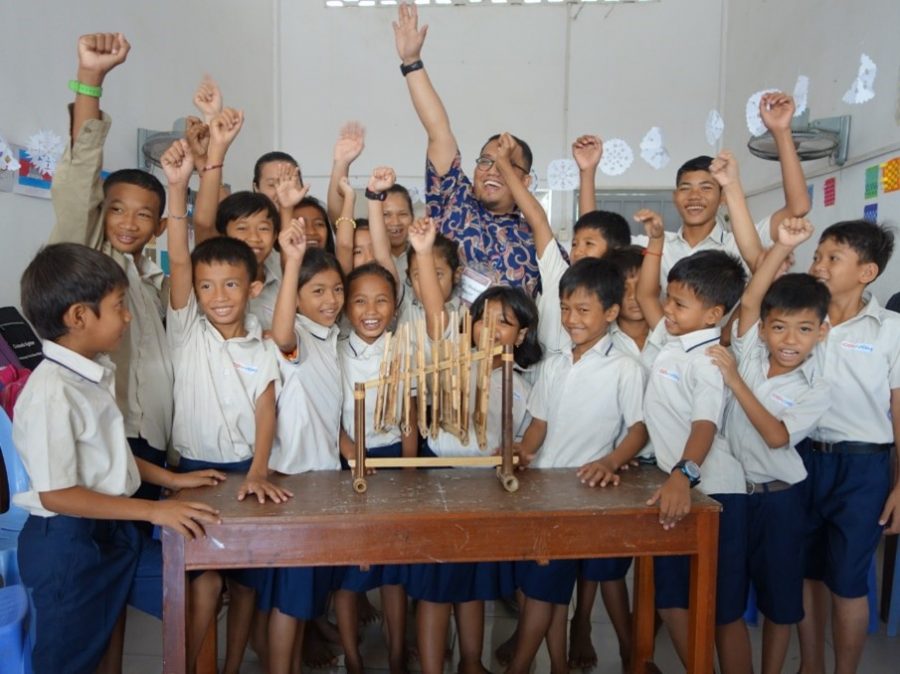
Messages of Peace
We work together with our Interreligious Councils (IRCs) to promote interfaith dialogue and intercultural education in traditional and informal education structures. In Indonesia, we created and implemented three learning modules in collaboration with the government, religious leaders, and education officials. Our IRC in Tanzania worked hand-in-hand with government, religious leaders, and civil society officials to incorporate interreligious dialogue into the national peace curriculum, resulting in the implementation of 25 peace clubs across the country.
Education is an essential element to understanding the religious and ethnic “other”. We can build a culture of acceptance by fostering interreligious and intercultural education around the world.
